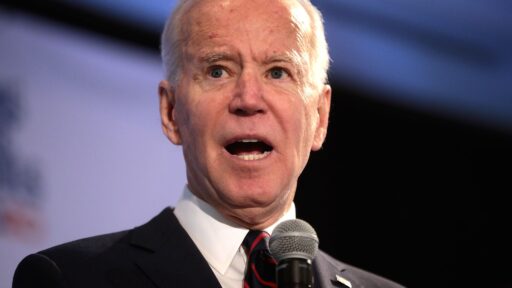Talk about a traitor.
In a recent statement, former Republican Speaker of the House, Paul Ryan, revealed his intention not to cast his vote for former President Trump in the upcoming November elections. Emphasizing the significance of character, Ryan expressed his reluctance to support Trump due to what he perceives as a deficiency in the requisite moral fiber for the job. Instead, Ryan disclosed his plan to write in the name of another Republican candidate, citing a fundamental misalignment with President Biden on policy matters.
During Trump’s tenure, Ryan served as the head of the Republican House majority for the initial two years, yet has since become a vocal detractor of the former president. Describing Trump as an “authoritarian narcissist,” Ryan lauded the efforts of former Representatives Liz Cheney and Adam Kinzinger for their opposition to Trump’s influence within the party.
Ryan’s criticism of Trump extends to his assessment of the former president’s leadership style, which he characterizes as driven by narcissism and populism rather than adherence to conservative principles. Ryan contends that Trump’s appeal lies in his ability to stoke cultural divisions rather than in advancing traditional conservative values.
Moreover, Ryan has unequivocally affirmed the legitimacy of the 2020 presidential election results, dismissing claims of widespread fraud propagated by Trump and his allies. Insisting that Biden emerged as the rightful victor, Ryan rebuts assertions of election rigging and theft.
Having concluded his congressional tenure after representing Wisconsin’s 1st District for two decades, Ryan’s departure from the political arena marks the end of a significant chapter in his career. Notably, Ryan’s alignment with Senator Mitt Romney’s stance against Trump underscores a growing faction within the Republican Party critical of the former president’s influence.







